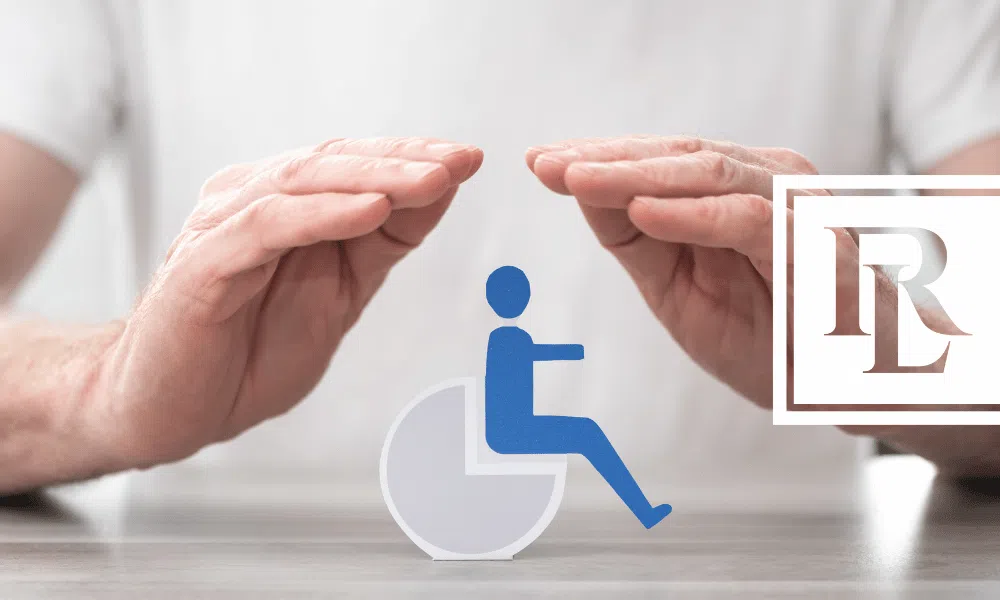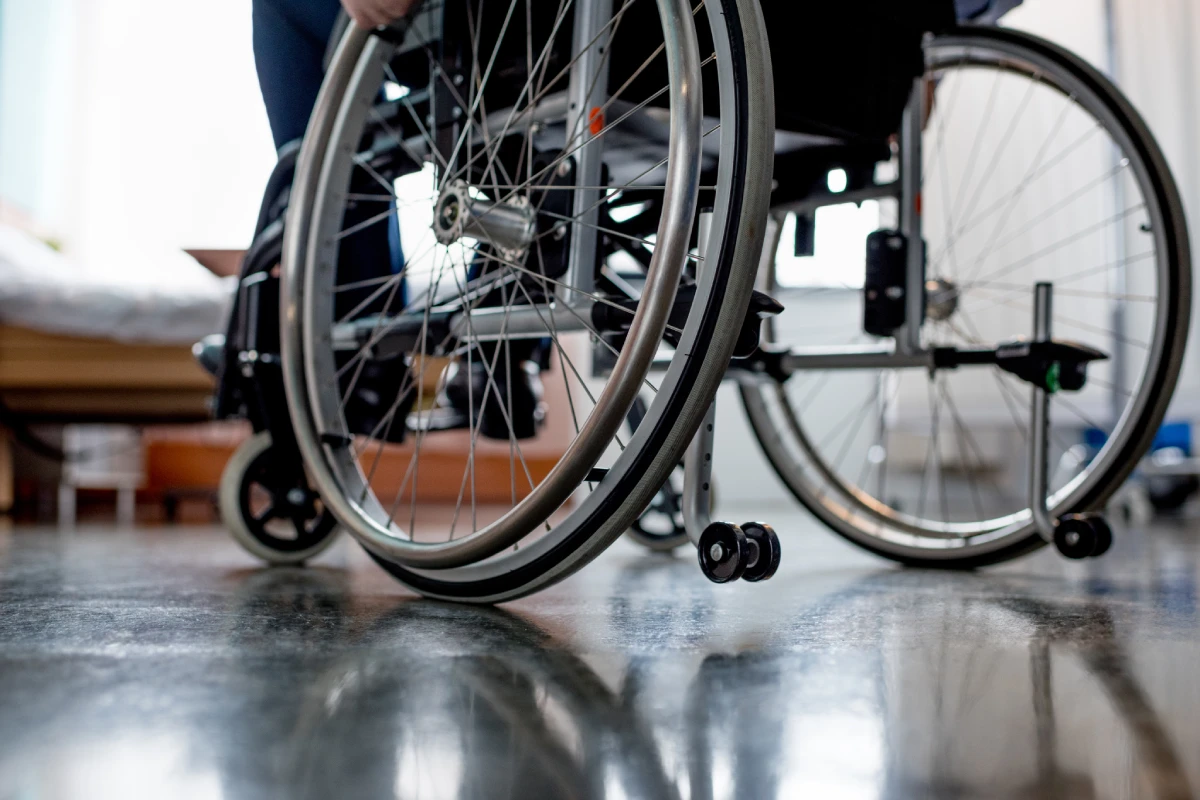If you have a disability that prevents you from working, and as a result, you’re struggling to make ends meet, you may qualify for a government disability program.
Each disability program helps you pay for basic living expenses, but each program has its own requirements. It can be difficult to understand which program you may qualify for. We’ve outlined several disability programs to see if you may be eligible for benefits.
Social Security Disability Insurance (SSDI)
There are many factors that help determine your qualification for Social Security Disability Insurance, including:
- The age you became disabled
- Amount of social security taxes you have paid
- Amount of work credits you have
Additionally, you must meet Social Security’s definition of disability and be able to prove you cannot perform substantial gainful activity. SSDI does not apply to short term disability, which is a disability lasting less than twelve months.
Supplemental Security Income (SSI)
Supplemental Security Income is a tax-funded Federal program designed to assist the disabled, elderly, and blind with basic living expenses. You may also qualify for SSI benefits if you have a child with a major health condition.
If you apply for SSI, assets and resources that will be taken into consideration include:
- Cash
- Bank Accounts
- Real Estate
- Stocks
- Bonds
In order to qualify for SSI, your total resources cannot exceed $2,000 for an individual, or $3,000 for a couple. You must interview over the phone or in-person at a Social Security Administration office. Our Social Security disability team can help make these arrangements for you.
SSDI and Medicare
If you receive Social Security disability benefits for over 24 months, you are eligible for Medicare Parts A and B. You will receive your Medicare card in your 25th month of disability. If you do not wish to participate in Medicare Part B and pay Part B premiums, follow the card’s instructions and send it back.
There are four parts to Medicare:
- Hospital Insurance
- Medical Insurance
- Medicare Advantage
- Prescription Drug Coverage
Check out our Social Security Disability Insurance & Medicare page for more information on Medicare.
SSI and Medicaid
Medicaid is a jointly funded, Federal-State health insurance program designed for low-income households. If you have a disability and are eligible for Medicaid, you may be entitled to all medically necessary services. This includes in-patient and out-patient hospital services, nursing facility services, and more.
Your state may automatically provide Medicaid eligibility if you are approved for SSI. Visit our Supplemental Security Income & Medicaid page to see your state eligibility and requirements.
Take advantage of our free case evaluations if you believe you may qualify for a disability program. If you need assistance with your disability application, call Rob Levine for a free consultation. Our firm handles Social Security Disability cases nationwide.






